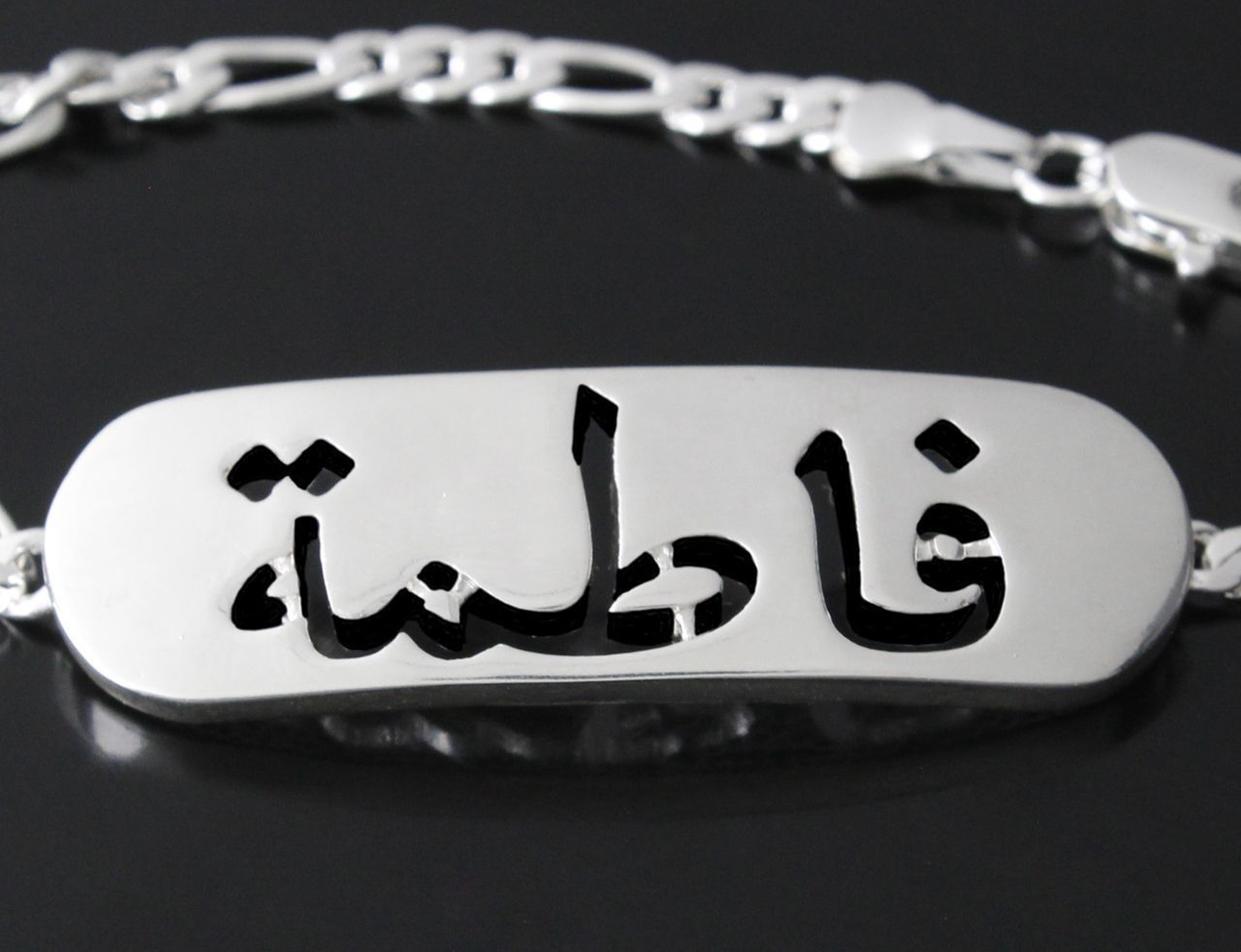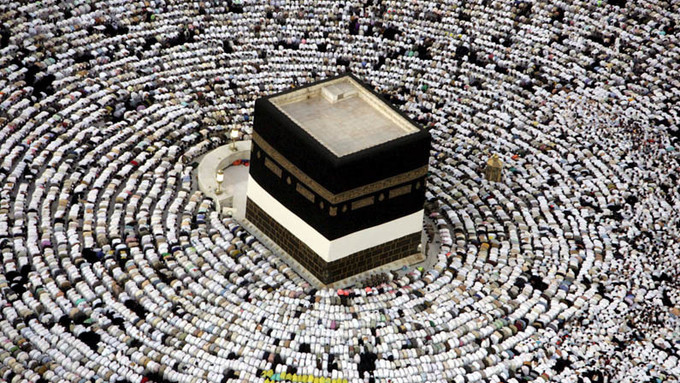Honor in Veneration of Sayyidah Fatimah

Sayyidah Fatimah indeed is the most virtuous woman of the Ummah, it behooves Muslims to learn her characteristics and biography and to venerate her. Her illuminated personality should be loved as a sign of loving the one who loved her the most, the Prophet ﷺ.
One can see the sophistication and civility of a people by those whom they honor. Civilizations traditionally honor persons and institutions that contributed to their moral, intellectual and technological progress. Likewise, when societies lose the tradition of venerating their stellar persons who came before them, it is a clear sign of their decline, for societies cannot have refinement and nobility by forgetting or, God forbid, disrespecting the best of themselves. Within this context, it is noteworthy for Muslims to recognize the lofty station of Sayyidah Fatimah (may Allah’s blessings be upon her), the daughter of Prophet Muhammad (prayers and peace be upon him & his family).
Sayyidah Fatimah, one of the daughters of the Prophet (prayers and peace be upon him and his family), has a plethora of virtues narrated about her. Several scholars of the Islamic tradition from times of old, including hadith master al-Hakim an-Niyasaburi and polymath Jalaluddin as-Suyuti, until today authored books of her merits. Due to her high station, it is common in parts of the Muslim world such as in Hadramawt, Yemen to gather on her birthday to recite poetry about her and give lectures regarding her as she is seen to be the most virtuous of all women in the Ummah.
The Prophet (prayers and peace be upon him and his family) named her Fatimah — meaning the one whom she and her offspring will be not touch the fire1, her two sons being al-Hasan and al-Husayn, “the leaders of the youth of the people of paradise.”2 She was also described as al-Batul, the Ascetically Chaste, for her devotion to Allah (Mighty and Sublime) and morality. One of the poets wrote that at the time of her birth in Makkah, it was proclaimed to her mother Khadijah bint Khuwaylid (may Allah be pleased with her), “Peace be upon the mother of the best of daughters…Peace be upon the most noble of mothers.”3 She is the one in which the Mother of the Believers A’ishah bint Abi Bakr (may Allah be pleased with them both) stated that she had not seen anyone resembling the manners and speech of the Messenger of Allah more than her.4 She has also been commonly referred to as az-Zahra, the Illuminated, and at-Tahirah, the Purified.
Sayyidah Fatimah being known as the Purified one relates to an event pertaining to the revelation of part of an ayah of the Qur’an. In a widely narrated hadith through varying chains of narrators, the Prophet (prayers and peace be upon him and his family) left the home of the Mother of the Believers A’ishah one morning and had with him a black cloak from Khaybar. He then entered the home of the Mother of the Believers Umm Salamah (may Allah be pleased with her). Once in the home, his grandsons al-Hasan and al-Husayn alongside Fatimah and then Ali bin Abi Talib (may Allah’s blessings be upon them all) came in. He then wrapped them all in the cloak and recited:
Allah desires but to remove filth from you, People of the Household, and to purify you with a thorough purification.5
The Prophet (prayers and peace be upon him and his family) then prayed, “Oh Allah! These are the People of my Household, so remove from them filth and thoroughly purify them.”6
Allah (Mighty and Sublime) made it obligatory upon Muslims to love Sayyidah Fatimah when He stated:
Say [to the people Oh Muhammad!]: I ask no reward from you except love for my close kin.7
Sa’id ibn Jubayr (may Allah have mercy upon him), a black scholar from the 2nd generation who was a student of Abdullah ibn Abbas (may Allah be pleased with them) relayed, “Close kin means the Family of Muhammad.”8 More explicitly pertaining to those in the family whom this love should be centered, the Sahabah asked the Prophet (prayers and peace be upon him and his family), “Oh Messenger of Allah! And who are your close kin, those who it is obligatory upon us to love?” He replied, “Ali, Fatimah and their two sons.”9
The Prophet (prayers and peace be upon him and his family) declared, “Fatimah is a piece of me, so whoever angers her angers me.” On the commentary of this hadith narrated by al-Bukhari, Ibn Hajar al-‘Asqalani noted relating to the intimate spiritual connection between Fatimah and the Prophet (prayers and peace be upon him and his family) that the Prophet (prayers and peace be upon him and his family) told her on his deathbed while she was crying that she is “the leader of the women of the people of paradise.”10 These merits, when connected with the hadith that the best four women are Asiya, the wife of Fir’awn, Maryam, the mother of ‘Isa, Khadijah bint Khuwaylid and Fatimah bint Muhammad led several scholars such as the Shafi’i jurist ibn as-Subki to conclude that Sayyidah Fatimah is the most virtuous woman of the Ummah as Khadijah bint Khuwaylid is the best of the wives of Prophet Muhammad (prayers and peace be upon him and his family).
Since Sayyidah Fatimah indeed is the most virtuous woman of the Ummah, it behooves Muslims to learn her characteristics and biography and to venerate her. Her illuminated personality should be loved as a sign of loving the one who loved her the most, the Prophet (prayers and peace be upon him and his family). When a people love someone, they remember them due to longing for closeness of proximity in their hearts. Sayyidah Fatimah should never be disrespected nor connected to anything profane out of respect for the Prophet (prayers and peace be upon him and his family). If Muslims are to have any success, the disavowal of lewdness and disrespect must be shunned in favor of the attachment to chastity, modesty and manners of Sayyidah Fatimah.
1. Al-Asbahani, Hilyah al-Awliya, Volume 4, Page 188; al-Hakim, Al-Mustadrik ‘ala as-Sahihayn, Volume 3, Page 165
2. Adh-Dhahabi, Siyar ‘Aalam al-Nubala’a, Volume 3, Page 280
3. Ahmad ash-Shami, Mawlid al-Batul Fatimah az-Zahra, Page 12
4. Abu Dawud, Sunan Abi Dawud, Hadith #4542
5. Surah 33, Ayah 33
6. At-Tirmidhi, Sunan at-Tirmidhi, Volume 5, Number 351; Bin Hanbal, Musnad Ahmad, Volume 7, Numbers 292, 298, 304 & 322
7. Surah 42, Ayah 23
8. Al-Bukhari, Sahih al-Bukhari, Hadith #4541
9. Bin Hanbal, Fada’il as-Sahabah, Volume 2, Number 669; at-Tabarani, Al-Mu’jam al-Kabir, Volume 3, Number 47
10. Ibn Hajar al-‘Asqalani, Fath al-Bari, Hadith #3556
Faith & Spirituality Related Articles

5 Practical Steps To Get You Ready for Ramadan
As Ramadan is less than a month away, we might feel we often haven't done enough to prepare for it. Here are 5 things we can do right now during Shaban to make sure that we get the most out of Ramadan. The Prophet (Peace & Blessings upon Him & His Family) supplicated,” O Allah give us the blessings of Shaban and give us the treasure of Ramadan.”

Hajj at Home: Kindling the Spirit of Arafah
Even if we are not on Hajj this year, our situation is no different. We navigate through the complexities of our daily life, immersed in the never-ending responsibilities of work and family, inundated with the intrusions of technology and social media into every minute of our lives, moving from place to place and idea to idea.
